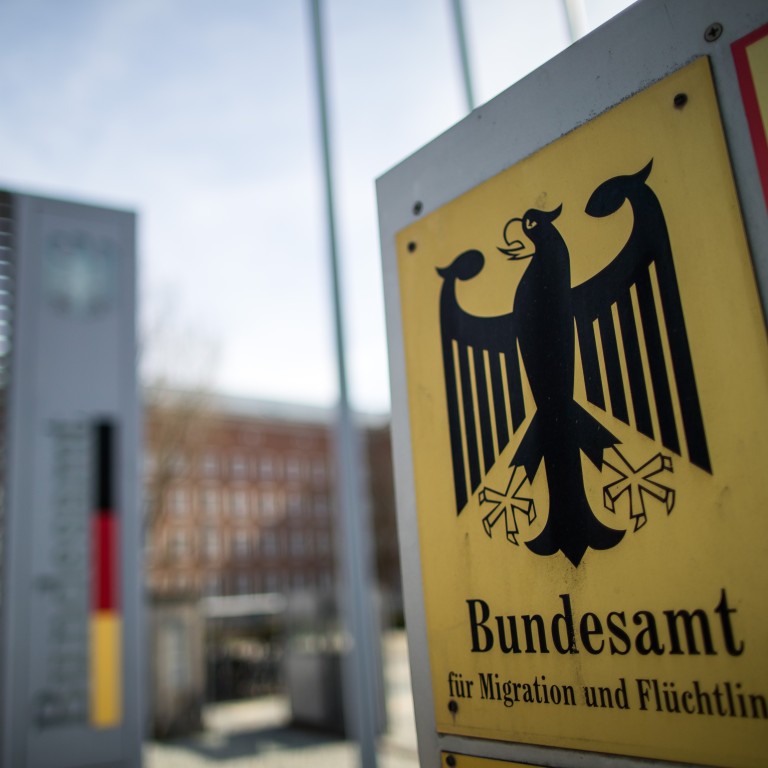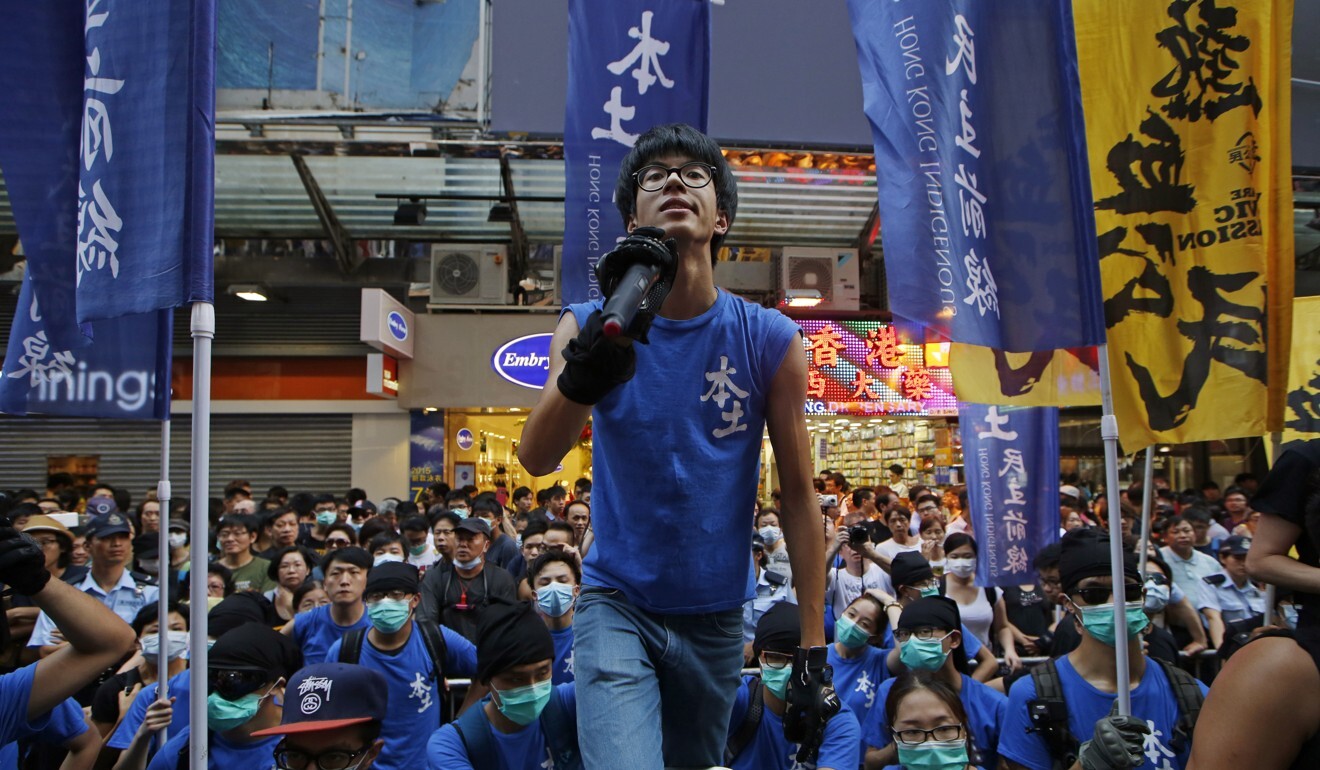
Hong Kong protests: chief secretary decries reported German asylum offer to alleged rioter in meeting with consul general
- The formal rebuke follows Monday’s release of a statement saying a 22-year-old Chinese University student had been granted refugee status
- Offer sends ‘message to criminals that they need not face any criminal liability’, Matthew Cheung says at meeting also attended by city security chief
The official protest from Chief Secretary Matthew Cheung Kin-chung was delivered in a meeting initiated by the Hong Kong government with German Consul General Dieter Lamlé at Tamar on Wednesday.
The rebuke follows Haven Assistance issuing a statement on Monday that said a 22-year-old Chinese University student had been granted refugee status by Germany for three years.

The group, co-founded by exiled pro-independence activist Ray Wong Toi-yeung, who himself was granted political asylum by Berlin in 2018, said it was the first instance of a protester connected to last year’s social unrest receiving asylum in the country.
The student told international media she was arrested at a protest last November and fled to Germany via Taiwan several days later without telling her family.
She reportedly possessed a letter from the German Federal Office for Migration and Refugees (BAMF) dated October 14 granting her asylum.
According to a government statement issued on Wednesday night, Cheung told Lamlé that if the granting of asylum was true, the government strongly opposed it.
He also said the government objected to the harbouring of criminals under different pretexts by other jurisdictions.
“This sends a plainly wrong message to criminals that they need not face any criminal liability. [Cheung] stressed that every individual should be responsible for his or her illegal actions,” a government spokesman said in the statement.

The spokesman added that Cheung made clear that every individual should be responsible for his or her illegal actions at the meeting, which was joined by the Secretary for Security John Lee Ka-chiu.
“Mr Cheung remarked that given Germany’s long-standing diplomatic presence in Hong Kong, the German authorities are expected to duly take into account the above factors in determining the truth and veracity of any claims for refugee status,” the spokesman said.
“The HKSAR [Hong Kong Special Administrative Region] Government would be dismayed if a basic assessment of facts had not been made.”
The statement said Cheung reiterated that foreign governments should stop interfering in Hong Kong affairs, which he said were China’s internal matters. He asked Lamlé to convey its position to the relevant German authorities.
The South China Morning Post has contacted Germany’s Federal Office for Migration and Refugees seeking comment.
The office told the Post late last month that it had received two asylum applications from Hong Kong in 2017, and one application each in 2018, 2019 and 2020.

